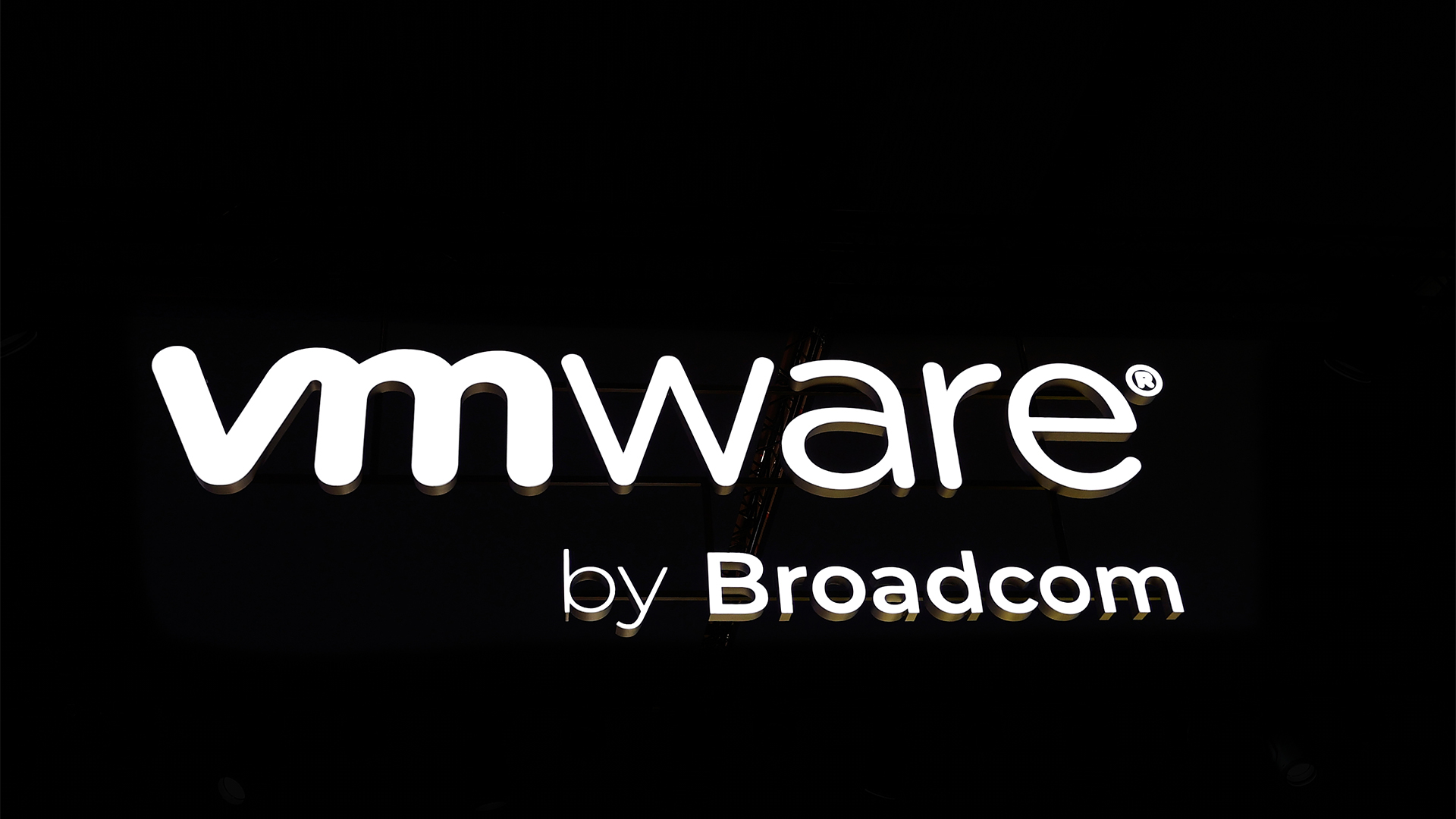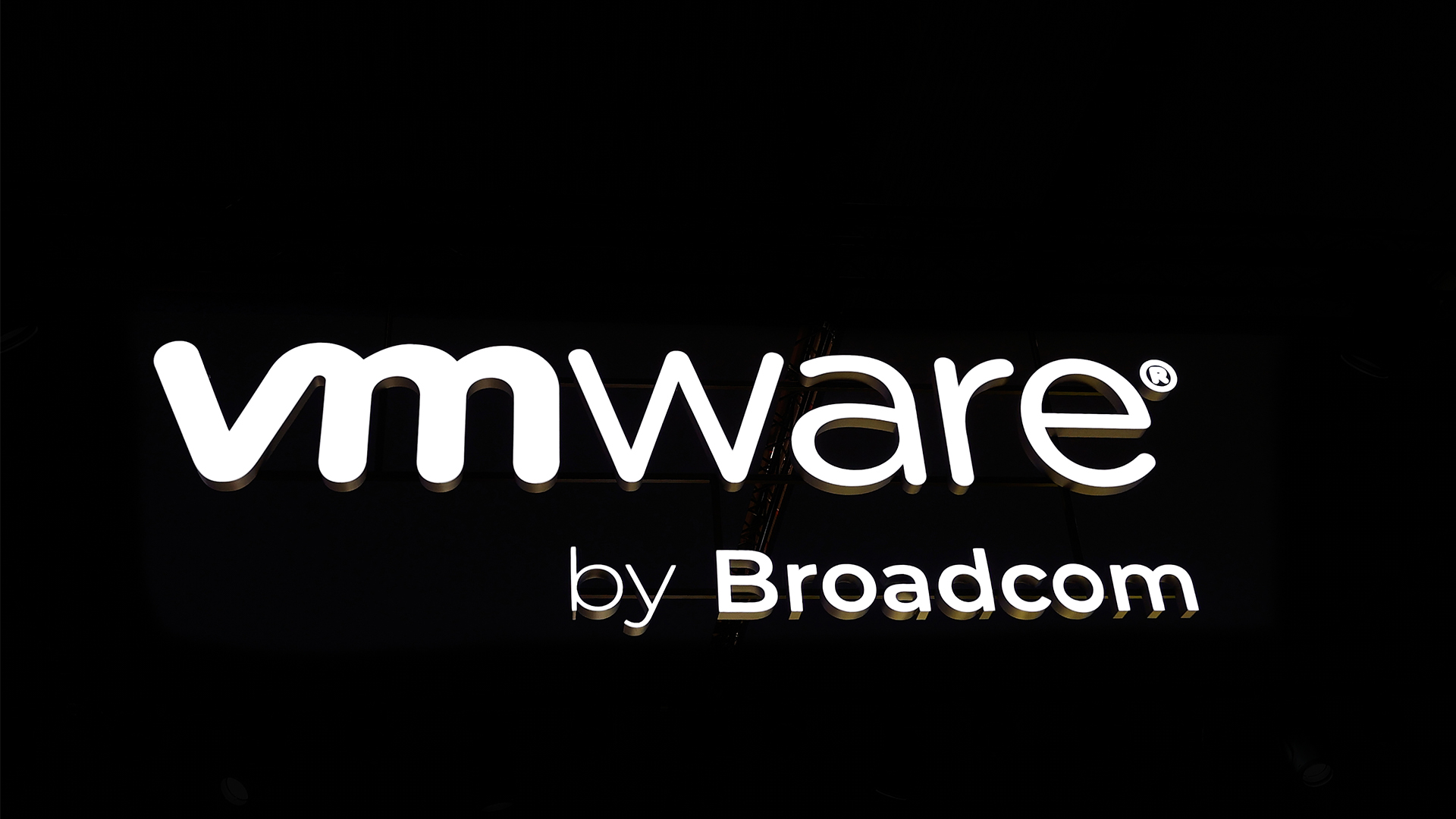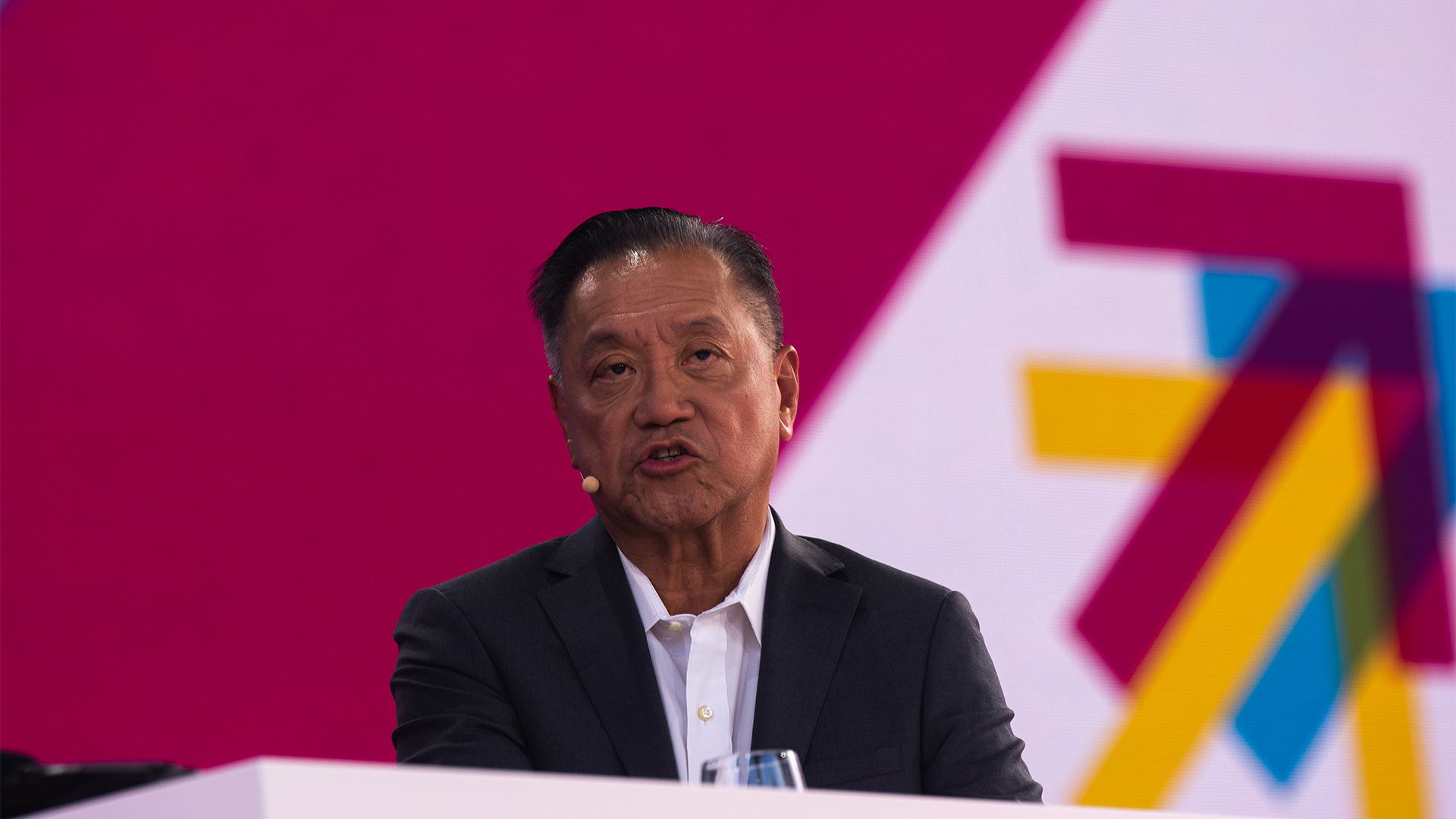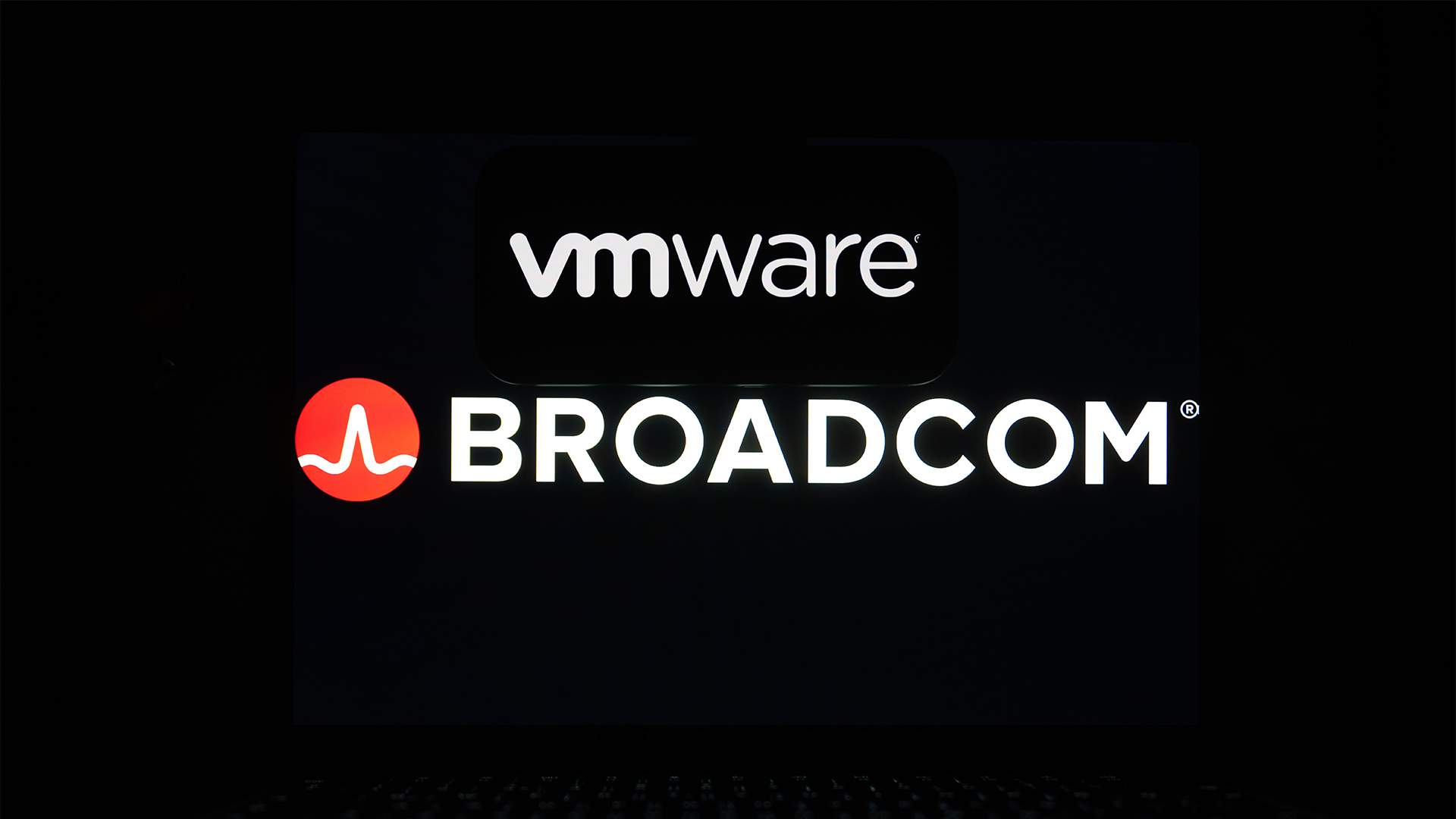Broadcom’s attempts to quell VMware unrest aren’t cutting it as the war of words escalates
The cloud industry isn’t satisfied with Broadcom’s recent commitments to subscription-based pricing


Broadcom’s attempts to quell concerns over VMware subscription changes have fallen flat and prompted a further backlash from industry stakeholders.
Cloud Infrastructure Providers in Europe (CISPE) recently stated that Broadcom’s change to a subscription-based pricing model was “anti-cloud” in nature, following on from other criticisms the trade body has made about Broadcom.
The comments follow an announcement earlier this month in which CEO Hock Tan made an effort to ease concerns over changes to VMware, which the company acquired in 2023, describing the original strategy as overly costly for customers.
“It demonstrated that all too often, as innovative companies expand, decisions are made incrementally, not holistically as part of a larger, comprehensive strategy,” Tan said.
Claiming to be responding to customer concerns, Tan then said that Broadcom would commit to increased levels of research and development, as well as significant price reductions in VMware Cloud Foundation (VCF).
“We have dramatically reduced the price of VCF to promote customer adoption,” Tan said.
Tan gestured to the creation of a simplified portfolio built on two core solutions, VCF and VMware vSphere Foundation (VVF), which come at “half the list price compared to past pricing.”
Sign up today and you will receive a free copy of our Future Focus 2025 report - the leading guidance on AI, cybersecurity and other IT challenges as per 700+ senior executives
“Broadcom will continue to create value within the VMware partner ecosystem, because partners are critical to our customers' success and our own success,” Tan said.
The firm’s CEO was careful to mention, however, that an incorporation of the VMware partner ecosystem in the Broadcom partner ecosystem would “require some adjustments.”
Tan described some of these adjustments, such as the standardization of both pricing metrics and technology stacks across cloud providers, as well as the transition to a subscription-based pricing model.
It is within the terms of this subscription-based model, though, that CISPE takes issue with Broadcom, citing unfair and restrictive licensing practices that undermine choice and prompt vendor lock-in.
RELATED WHITEPAPER

While subscription licensing in its ideal form should allow for flexibility in cost as users scale resources according to demand, CISPE said Broadcom’s new terms act in a different way.
“Broadcom’s new terms are the opposite and are in essence anti-cloud, forcing partners to commit and pay in advance for virtualization capacity that they may never need,” CISPE said.
By focusing so heavily on the subscription-based pricing model and positioning the move as one likely to “fuel continuous innovation”, CISPE claimed that Broadcom was attempting to “obfuscate” the key issues in the dispute.
“What threatens the economic viability of many cloud services used by customers in Europe, are the massive and unjustifiable hikes in prices, the re-bundling of products, altered basis of billing and the imposition of unfair software licensing terms that restrict choice and lock-in customers and partners,” CISPE said.
Others in the industry have also expressed criticism, such as the CEO of Civo, Mark Boost. He told ITPro that Broadcom’s statement offered nothing in the way of remedying rising tensions in the cloud community.
“The CISPE is absolutely right to reject Broadcom’s changes. They are empty words and confirm what many VMware customers have known for a while,” Boost said.
“Alongside licensing costs, there’s growing concern Broadcom’s decisions will stifle innovation and harm cloud competition,” he added.
Broadcom moves “adding insult to injury”
Not satisfied in calling out the unfair terms of Broadcom’s licensing strategy, CISPE also made note of Broadcom’s more superficial failings.
Tan, for example, announced free access to zero-day security patches for users not wishing to continue using VMware under its updated licensing structure, a move CISPE described as “insulting in its limitations” and tantamount to criminal.
“Effectively promising no more than to fix critical software flaws that emerge in the product unless the customer decides to move to the new subscription license verges on racketeering,” CISPE said.
Similarly, CISPE called out the tone taken by Broadcom in its “lecturing” of customers and its claims of lowered prices which, according to CISPE, go against “real-world evidence to the contrary.”

George Fitzmaurice is a former Staff Writer at ITPro and ChannelPro, with a particular interest in AI regulation, data legislation, and market development. After graduating from the University of Oxford with a degree in English Language and Literature, he undertook an internship at the New Statesman before starting at ITPro. Outside of the office, George is both an aspiring musician and an avid reader.
-
 The modern workplace: Standardizing collaboration for the enterprise IT leader
The modern workplace: Standardizing collaboration for the enterprise IT leaderHow Barco ClickShare Hub is redefining the meeting room
-
 Interim CISA chief uploaded sensitive documents to a public version of ChatGPT
Interim CISA chief uploaded sensitive documents to a public version of ChatGPTNews The incident at CISA raises yet more concerns about the rise of ‘shadow AI’ and data protection risks
-
 VMware partners face more disruption with latest Broadcom changes
VMware partners face more disruption with latest Broadcom changesNews Broadcom’s latest VMware changes mean smaller partners could be pushed out
-
 Helping customers adopt a multi-cloud infrastructure and accelerate their modernization journey
Helping customers adopt a multi-cloud infrastructure and accelerate their modernization journeySponsored Content We outline what shifting to a subscription model means for your business
-
 There’s a ‘cloud reset’ underway, and VMware Cloud Foundation 9.0 is a chance for Broadcom to pounce on it
There’s a ‘cloud reset’ underway, and VMware Cloud Foundation 9.0 is a chance for Broadcom to pounce on itNews With new security features and cost management tools, Broadcom wants to capitalize on surging private cloud adoption rates
-
 Broadcom's 'harsh' VMware contracts are costing customers up to 1,500% more
Broadcom's 'harsh' VMware contracts are costing customers up to 1,500% moreNews An ECCO report says Broadcom hasn't solved customer complaints when it comes to licensing and contracts
-
 Broadcom records huge growth as CEO Hock Tan hails “successful integration” of VMware
Broadcom records huge growth as CEO Hock Tan hails “successful integration” of VMwareAnalysis The VMware acquisition is finally paying dividends for Broadcom
-
 Broadcom EMEA CTO claims the company has been able to solve most of its customer issues following VMware acquisition
Broadcom EMEA CTO claims the company has been able to solve most of its customer issues following VMware acquisitionNews Joe Baguley says the firm has been walking customers through license changes and explaining the value of VMware
-
 Cloud repatriation may be nipping at hyperscaler market share, but it’s a boon for VMware
Cloud repatriation may be nipping at hyperscaler market share, but it’s a boon for VMwareNews The firm’s private cloud offerings put it in a strong position to aid customers moving workloads out of the public cloud – but repatriation can’t be the only conversation
-
 VMware Explore 2024 live: All the news and updates as they happen
VMware Explore 2024 live: All the news and updates as they happenLive Blog ITPro is live on the ground in Barcelona for VMware Explore 2024 – keep tabs on all the news, updates, and announcements in our rolling coverage